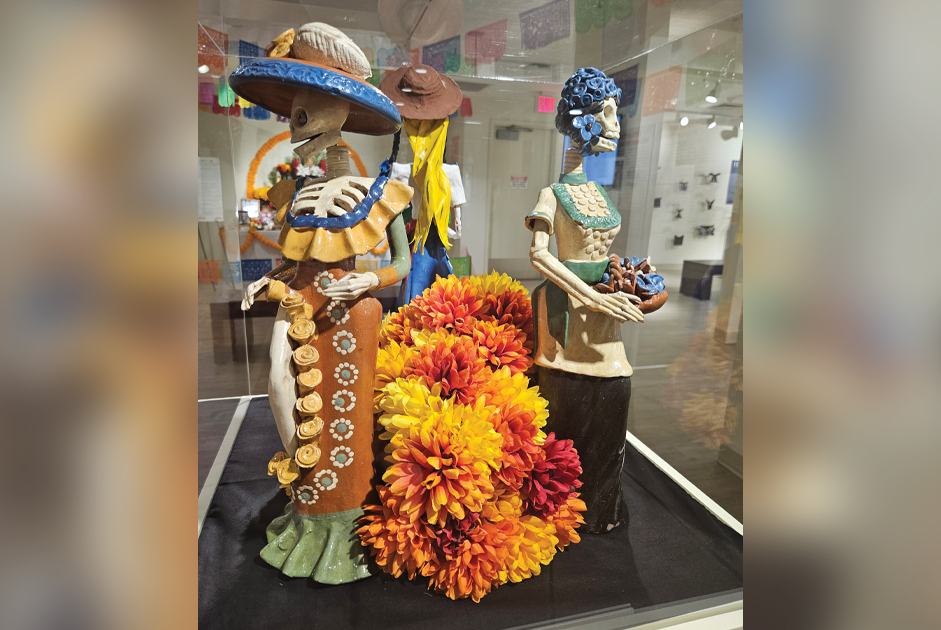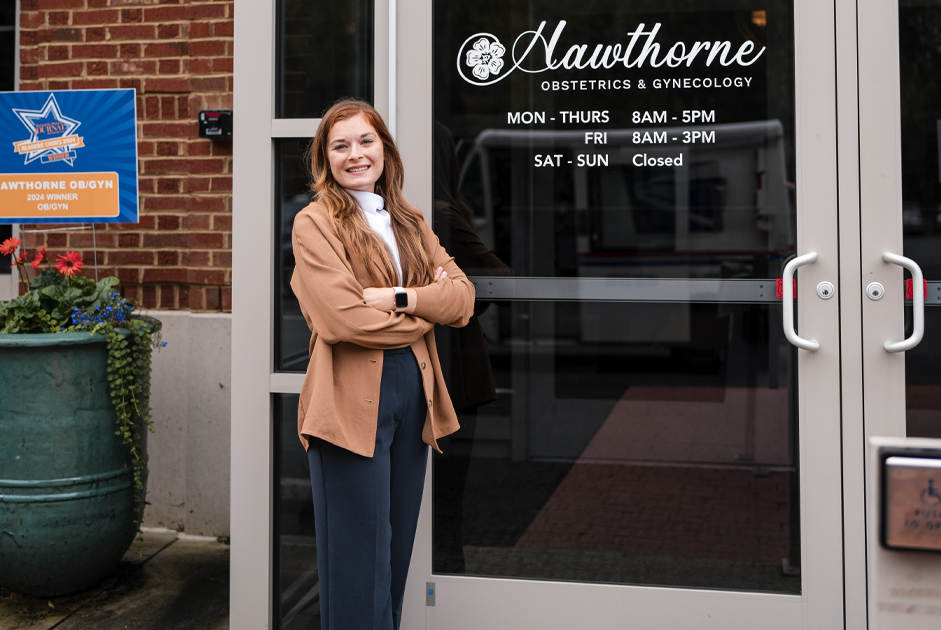On Sunday, February 4th, 2018, the Philadelphia Eagles were playing the New England Patriots in Super Bowl 52. The Patriots were a favorite to win their third Super Bowl in four years. The Eagles, on the other hand, were playing with a backup quarterback who took over for the injured starter near the end of the season and was having a good run through the playoffs. With just 38 seconds left before halftime and the score Eagles 15, Patriots 12, Eagles Coach Doug Pederson, who had been coaching high school football just nine years earlier, decided, on fourth and goal from the one, to go for a touchdown as opposed to a field goal. A field goal was almost a certainty; a touchdown was not. It was a huge gamble this early in the game with the score tight and every point crucial. If they failed in their attempt, they gave New England the momentum, versus a field goal which would put the Eagles ahead by two scores and get the momentum clearly in their favor.
The play was called. It was a trick play, where the ball was snapped to running back Corey Clement, and he ran left on a reverse, handing off to tight end Trey Burton, all the while backup quarterback Nick Foles faded out to the right towards the end zone. Burton made the pass, and Foles caught it for a touchdown. Eagles go ahead 22 to 12 going into halftime. To say it was a gutsy play would be a huge understatement. It very well could have decided the game early on.
Fast forward to the end of the game and the Eagles win by eight points 41–33. As it turned out, the point differential (decision to go for seven over the field goal) didn’t have an impact on the outcome, at least not on the scoreboard. One would think, however, that the gutsy decision did have a tremendous impact on the players’ emotions, derived from the confidence their coach had in them. Perhaps it was enough to propel them to win the biggest game of their careers. Because Coach took the gamble and they succeeded, he gave the city of Philadelphia their first Super Bowl in franchise history.
Coach Pederson took a chance, one that hardly anyone in the stadium would agree with, including his own fans. It was a decision that could have haunted him, if unsuccessful, for the rest of his career, if it led to a loss in the Super Bowl. What made him do it? What made him take that chance? Why didn’t he just take the safe road—everyone knows, missed extra points, missed opportunities, they all come back in the end to hurt you. You never escape this type of mistake in a game of this magnitude. Whatever it was that made him push through, show confidence in himself, his players, and his team, it worked…this time.
As a parent, we’re always watching over our children, no matter how old they get. We try to guide them in the right direction, steer them away from obstacles and rough spots in the road, teach them to play it safe. It’s not often we encourage our children to take chances, especially those that may be long shots at best. Admittedly, the safe route is just that…safe, with less turbulence, less stress, fewer problems to deal with. But sometimes in life, you just have to take a chance in whatever unique situation you might be facing. Like Coach Pederson, it could be a decision that creates a crossroad in your life, a decision that results in something you could live to celebrate or regret. Nevertheless, not taking the chance could end up being the biggest mistake of all.
Life gives us opportunities, sometimes at the most inopportune time. We’re unsure of ourselves, our abilities, our life circumstances, how it might affect our family, our career, our relationship. Most often we don’t take that chance; we kick the field goal instead. But on the rare occasion when we take that leap of faith, and we go out on a limb, when all logic says to do otherwise, the result can be amazing! Playing it safe is often wise in a lot of circumstances, but a life without taking at least some chances is a life not lived to the fullest.
Coach Pederson of the Eagles decided to take a chance, on his team, on himself, and in the end, he gained the honor of a lifetime.






















